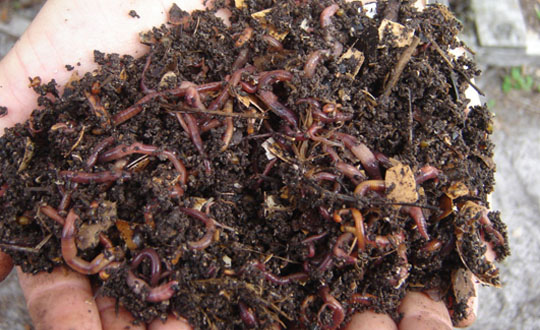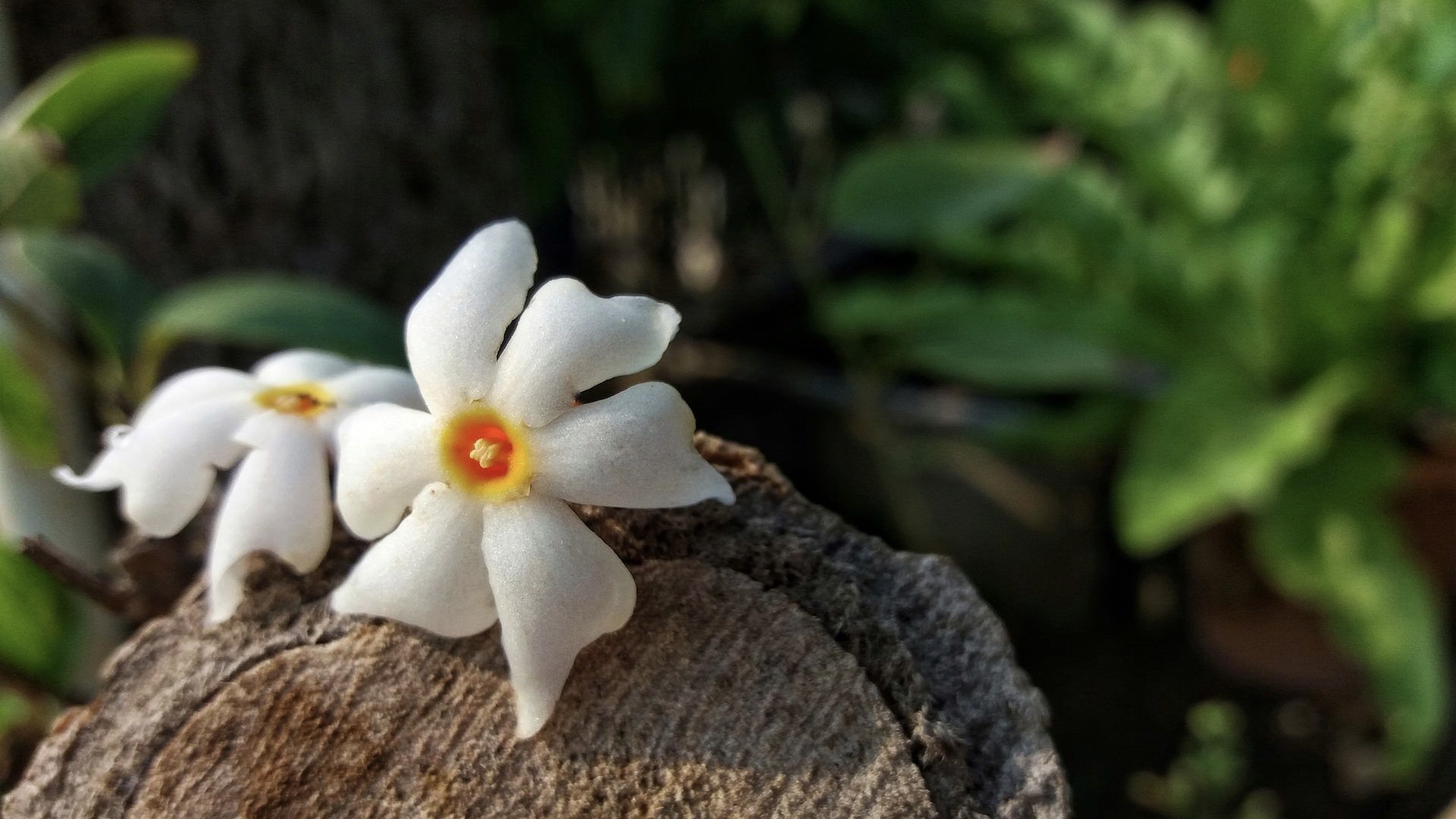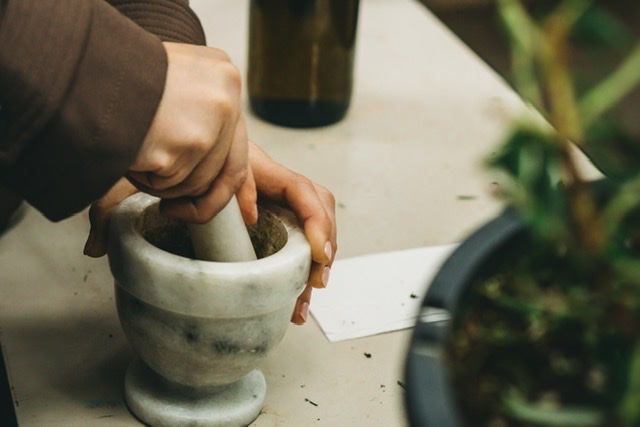In the previous issues, The Inner World has brought to light the grave threats that Genetically Modified seeds and chemical fertilisers pose for human beings. From premature grey hair, weak eyesight in young kids to Cancer and other serious diseases can very well be traced to consumption of these chemicals in copious amounts.
A very effective way to overcome this threat is to switch to nature – by maintaining your own kitchen garden or buying organic food which is not laced with such harmful chemicals. Before the industrial revolution hit us, farming in India was a very natural, hygienic and effective process that was performed in sync with the laws of the creation. Our farmers used Oxen to plough the land. While ploughing, the oxen stride with gentle gait, not harming the surface of the earth, unlike tractors. Also, hooves of oxen help eliminate the presence of termites in the land. Even as they plough the land, the oxen defecate and urinate, fertilising the land.
It is important to use manure in the form of organic manure, green leaf manure, earthworms, or slurry manure with cattle manure as they bond with nature and make the land fertile. They do not create the challenge of chemical waste. 99% of the insects in nature are beneficial to the system. Insecticides prepared from cow urine or well fermented butter milk does not affect these helpful insects. Also, India has approximately 20 crore cattle. Using their dung to produce bio-gas, we can save 4 crore ton of firewood every year. This would arrest deforestation to that extent
The two main methods to create organic manure for farming are compost and vermicompost. Composting is controlling the natural decay of organic matter by providing the right conditions for composting critters to convert yard trimmings and cow manure into a product that can be returned to your landscape and garden. Compost improves your soil. When added to soil, compost breaks up heavy clay soils, helps sandy soils retain water and nutrients, and releases essential nutrients. Compost also contains beneficial microscopic organisms that build up the soil and make nutrients available to plants. Improving your soil is the first step towards growing healthy plants. When external stimulants like earthworms are added to this heap, the process is called vermicompost.
Do-it-yourself Manure
Since composting is a natural process, you can use most of your everyday house waste to make manure. Most plant material can be used for compost. Organic trimmings in your landscape, such as fallen leaves, pine needles, grass clippings, flowers and the remains of garden plants make excellent compost. Compost made from grass clippings treated with herbicides and pesticides is not recommended for use in vegetable gardens. Kitchen scraps, such as fruit and vegetable peels and trimmings, crushed eggshells, tea bags, and coffee grounds and filters can also be composted. Woody yard trimmings can be run through a shredder before adding to the compost pile. Sawdust may be added in moderate amounts if additional nitrogen is applied. Add a pound of actual nitrogen per 100 pounds of dry sawdust. Avoid using meat, cream, and cheese or salad dressing wastes.
The barrel or drum composter is an excellent choice if you have limited space in your yard. A barrel of at least 55-gallon capacity with a secure lid is required. To provide good air circulation and drainage, drill six to nine rows of half-inch holes over the length of the barrel, and place the barrel upright on blocks. Fill the barrel three-quarters full with organic wastes and add water to lightly moisten. Mix the compost every few days by turning the drum on its side and rolling it around the yard. The compost should be ready in two to four months.





